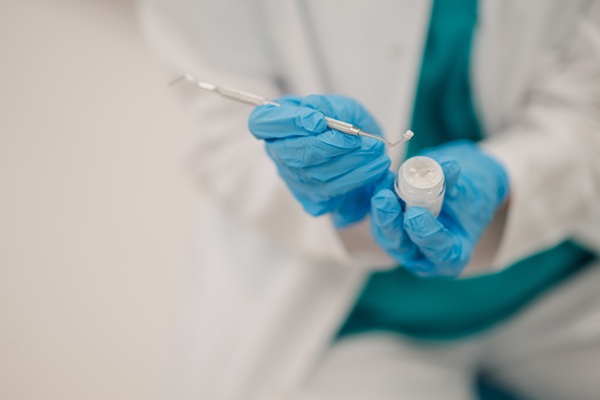 Open flap surgery from a periodontist can restore the health of your oral cavity when non-surgical techniques fail to address the consequences of gum disease. Periodontal disease, if left untreated, can cause substantial damage to the structures supporting the teeth, ultimately causing tooth loss. A flap operation can halt gum disease in its tracks and enable the dentist to treat the roots and jawbone directly.
Open flap surgery from a periodontist can restore the health of your oral cavity when non-surgical techniques fail to address the consequences of gum disease. Periodontal disease, if left untreated, can cause substantial damage to the structures supporting the teeth, ultimately causing tooth loss. A flap operation can halt gum disease in its tracks and enable the dentist to treat the roots and jawbone directly.
When is open flap periodontal surgery recommended by a periodontist?
The teeth are at significant risk if extensive gum disease or periodontitis occurs. The condition damages the ligaments and bone tissue surrounding the teeth, making them loose in their sockets and at the risk of total loss. If non-surgical treatments like cleaning and scaling are not enough to stop the illness, periodontal flap surgery may be the best option.
Why is open flap periodontal surgery important?
The most common approach for treating and healing periodontal pockets is open flap surgery. Periodontal pockets are spaces underneath the gum line where gum tissue has separated from the teeth, leaving an uncleanable region where bacteria can thrive. These bacteria contribute to tissue inflammation, sensitivity, bleeding, and discomfort. Without treatment, they can lead to gum disease, deterioration of the tooth-supporting bone structure, and even systemic issues.
Who is an ideal candidate for the procedure?
Patients with moderate to severe gum disease, or periodontitis, who have not responded to non-surgical therapy, such as scaling and root planning, may benefit from a flap operation. Gum flap surgery can help patients with advanced periodontitis.
During a dental consultation, the periodontist will look for signs of periodontal disease and take measurements of the pockets around the teeth. Nonsurgical therapies may be sufficient in cases of mild to moderate periodontal disease. Advanced gum disease, on the other hand, will almost certainly require surgery.
This treatment can help restore gum tissue health by eliminating plaque and tartar accumulated around the roots. In certain circumstances, a second surgery to repair gum disease-affected bone tissue might be done concurrently. During an initial appointment, the dentist will examine the patient’s dental and overall health to see if gum flap surgery is necessary.
What is involved in open flap periodontal surgery?
The primary purpose of flap surgery is to remove or decrease the pocket. A flap-like incision in the gum tissue is created to access the pocket. This makes it possible to remove the diseased tissue from the pocket and adequately clean the root surfaces of the teeth, which aids in the removal of toxic plaque and tartar. After that, the dentist will close the flap and seal the area. This starts the healing process, which happens soon after.
Flap surgery is usually performed under local anesthetic, with or without anti-anxiety medicines; however, it can also be done under intravenous conscious sedation. The duration of the operation is determined by the extent of the damage and the gum areas affected. During surgery, anesthesia will keep patients pain-free. Medication might be used to relieve pain and discomfort following the surgery.
In conclusion
If you have additional questions about open flap periodontal surgery, contact the office to book an appointment with the periodontist.
Request an appointment or call Potomac Woods Family Dental Care at 301-202-1553 for an appointment in our Rockville office.
Related Posts
If you have never visited a periodontist for oral health treatment, it is helpful to know what these professionals do. Periodontists are dentists that focus on the diagnosis, prevention, and treatment of gum disease and related issues. One symptom of this disease is gum recession. It may require gingival gum surgery to correct and restore…
A periodontist can help to reverse or manage gum disease. Medically termed periodontal disease, gum disease is an infection of gum tissues caused by oral bacteria. These microorganisms feast on sugars from foods and beverages consumed, and they form plaque.Plaque is a sticky film that coats teeth and gum surfaces, and it creates the mushy…
A periodontist helps patients through the dental implant process, from consultation visits to aftercare after successful restoration placement. Read on to learn more about this procedure. In many cases, a bone graft procedure is required in order to ensure the successful fusion of the dental implant with the jawbone.A bone graft procedure is sometimes necessary…


